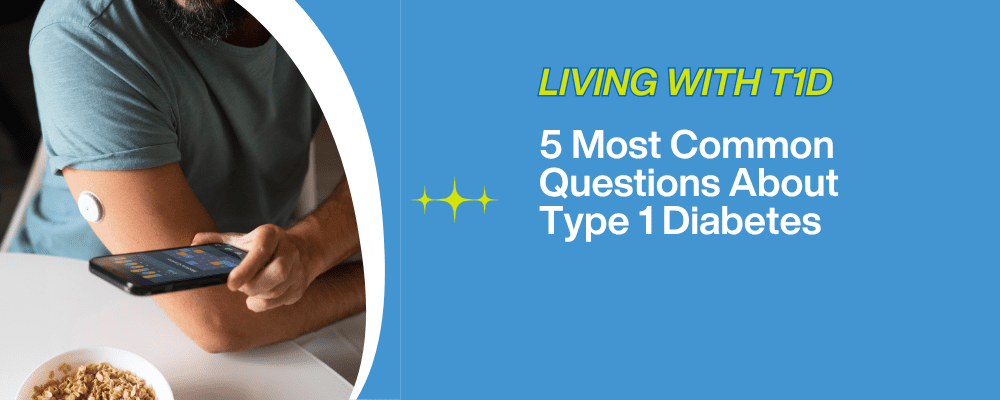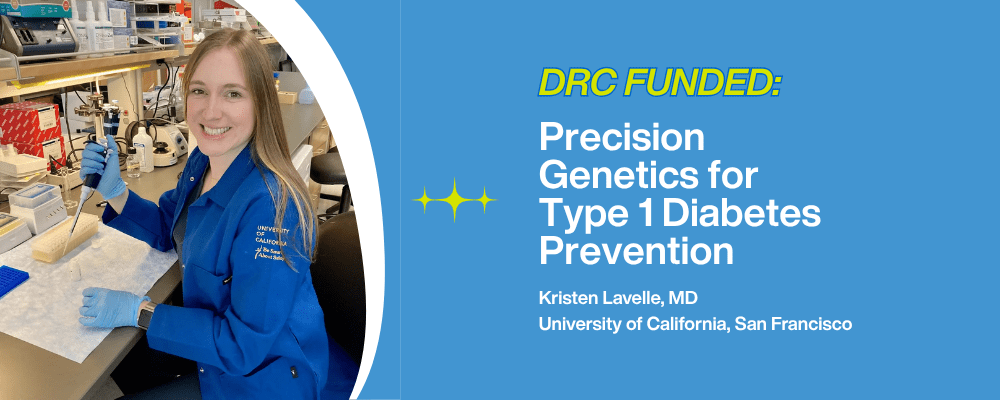In recent months, national conversations around federal budgets and healthcare spending have raised important — and sometimes difficult — questions about the future of biomedical research funding, including for type 1 diabetes (T1D).
While we don’t yet know what the outcomes of current political negotiations will be, history shows that public funding for medical research can be vulnerable to shifting priorities and economic pressures. For scientists working on long-term solutions like prevention, improved therapies, and a cure for T1D, this creates real uncertainty — especially for early-career researchers just entering the field.
Why Early-Career Scientists Are Especially Vulnerable
Innovative, high-impact research led by early-career scientists — the kind that often sparks major breakthroughs — is particularly sensitive to funding volatility. Large government agencies understandably tend to fund established labs and projects with a higher likelihood of near-term results.
That’s where Diabetes Research Connection (DRC) comes in.
Our mission is to support innovative T1D research from early-career scientists,, giving them the opportunity to explore bold, promising ideas that could transform the future of T1D — from biological cures to digital health tools, mental health interventions, and prevention strategies.

How Private Donors Can Best Support Early-Career Researchers
Private philanthropy is the lifeline that keeps the most pioneering T1D research moving forward. Here’s how donors can make the greatest impact in T1D science:
- Give to DRC – a trusted organization
Transparent non-profits like DRC ensure your support directly reaches early-career researchers. We fund only peer-reviewed, high-potential projects. Give today >> - Support DRC’s seed grants
Smaller, focused grants help researchers gather data, publish results, and build the case for larger, long-term funding from agencies like the NIH. Select a project >> - Sponsor named or themed awards
Create a personal legacy or focus support on specific research areas such as stem-cell derived islet therapy, immunotherapy, or prevention. Contact DRC to discuss opportunities >> - Provide multi-year or recurring monthly commitments
Stable, predictable support allows researchers and institutions to plan ahead — a rare luxury in a competitive and often unpredictable funding landscape. Learn more about pledges and planned giving >> - Use corporate donation matching
Many employers offer donation-matching programs. Checking with your company can double or even triple your impact with no additional cost to you. Click here to see if your company will match >>

Regardless of the outcome of current political debates, one truth remains: the need for consistent, mission-driven support for the next generation of T1D researchers.
At DRC, we are committed to protecting that future — and we invite you to be part of it.




